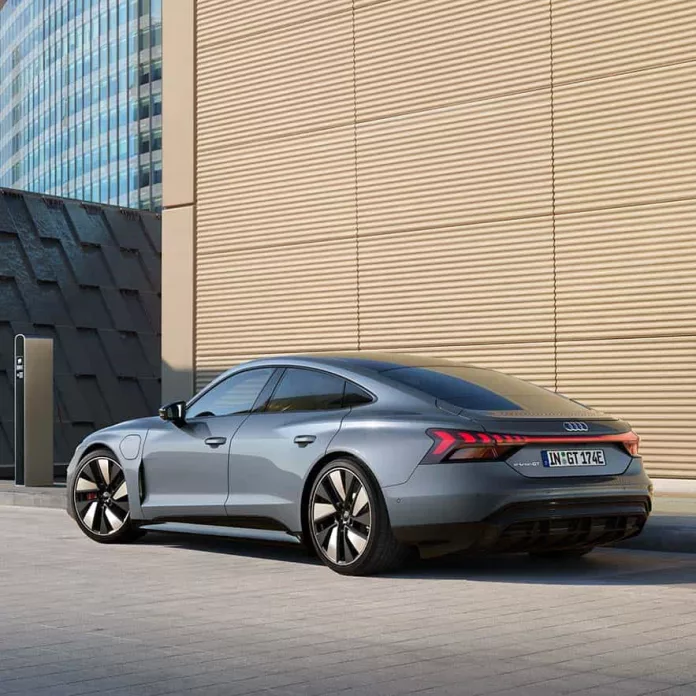Recent industry reports illuminate a striking contrast in the automotive world, particularly within the domain of electric vehicles (EVs). Tesla, a titan in the electric car market, experienced unnerving sales distress throughout the inaugural quarter of 2024. Their numbers dwindled not only since the final quarter of 2023 but also in comparison to the same period from the prior year. Subsequent to these revelations, it has become imperative to contextualize Tesla’s performance relative to its contemporaries, notably Audi and BMW.
Comparative Growth in EV Sales for Audi and BMW
In stark deviation from Tesla’s downward trajectory, Audi and BMW have reported encouraging sales data for their electrified fleets. Audi’s year-over-year growth of 29% is impressive, mirrored by an even more head-turning 63% surge from BMW. These figures suggest a flourishing market segment, with flourishing demand for alternative powertrain vehicles within the premium automotive brands.
A Closer Look at Audi’s Performance
Diverse Portfolio Bolstering Audi’s EV Sales
Audi’s growth is attributable to its extensive electric model lineup, with significant consumer interest in offerings like the e-tron GT and the various incarnations of the Q4 and Q8 e-tron series. Each model has registered a leap in sales, underscoring a robust appetite among consumers for Audi’s electric vehicles.
Mixed Results in Quarterly Comparison
Despite a favorable year-over-year sales increase, Audi does face a dip in overall figures, standing at a 16% decrease in the first quarter of 2024 compared to the same period the previous year. Moreover, Audi witnessed a quarter-over-quarter reduction in EV sales, signaling a potentially concerning trend that could cloud the brand’s electric future.
BMW’s Electric Momentum
BMW’s Opaque Reporting and Robust EV Sales
Transitioning to BMW’s portfolio, a slight veil of ambiguity exists due to the absence of individual model sales data for the likes of the i4, i5, and i7. The motives behind BMW’s aggregation of these figures into broader series sales remain unclear. Nonetheless, the overarching message remains triumphant for BMW. With total EV sales reaching 10,713 units in the first quarter and a substantial annual increase, the brand’s electric future gleams with potential.
The BMW iX Leads the Charge
Amidst its lineup, the BMW iX stands out with a year-over-year sales increment of 25.3%, translating to a rise from 2,351 to 2,945 vehicles. This solid performance emphasizes the growing allure of BMW’s EV offerings and sets an optimistic tone for the brand in the forthcoming months.
Anticipating the Future of Automotive EV Sales
While Tesla grapples with its recent hitches, the narrative of its competitors, particularly Audi and BMW, spins a tapestry of complexity and achievement. Audi’s EV sales exhibit a promising trend albeit shadowed by an overall sales decline. Conversely, BMW exhibits robust health in its electric vehicle sector, with incremental gains painting a favorable picture for its electric initiative. As the year unfolds, all eyes will be poised on these developments, eager to witness the reshaping of the automotive landscape in the vibrant EV market.
























